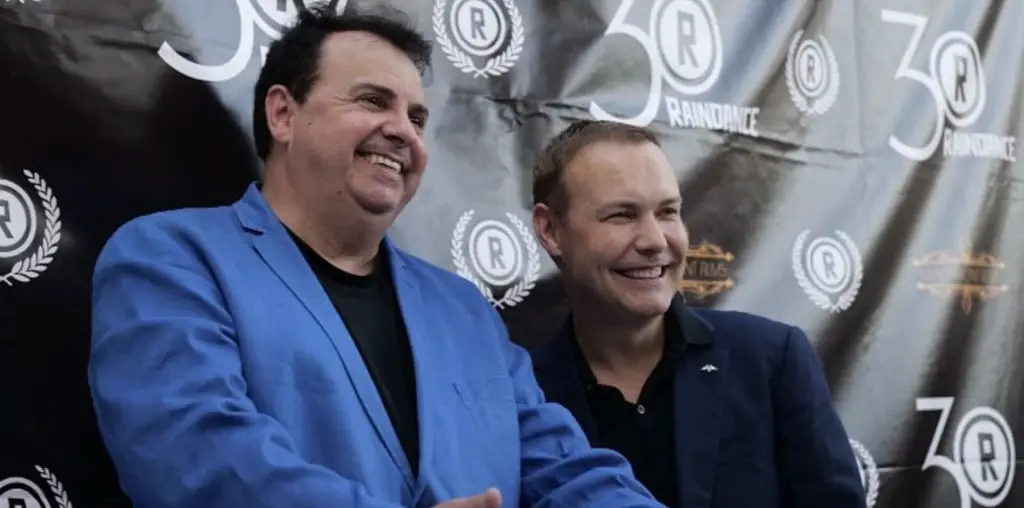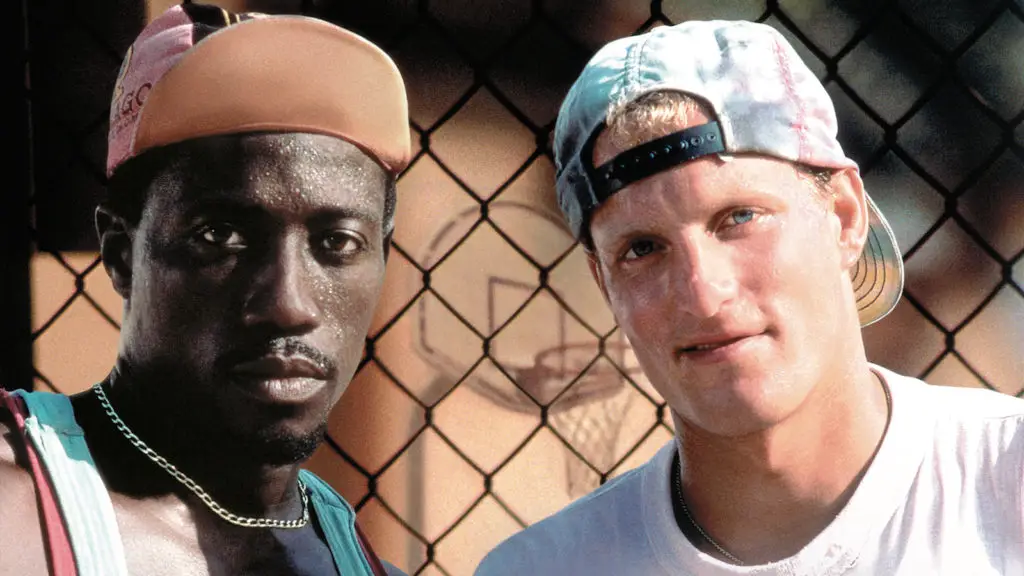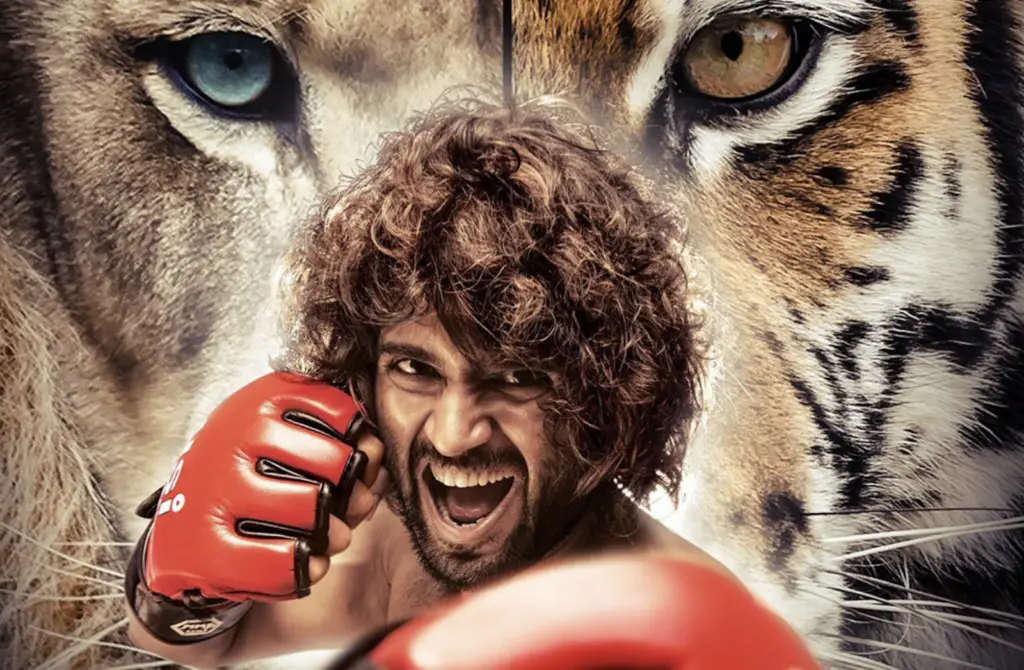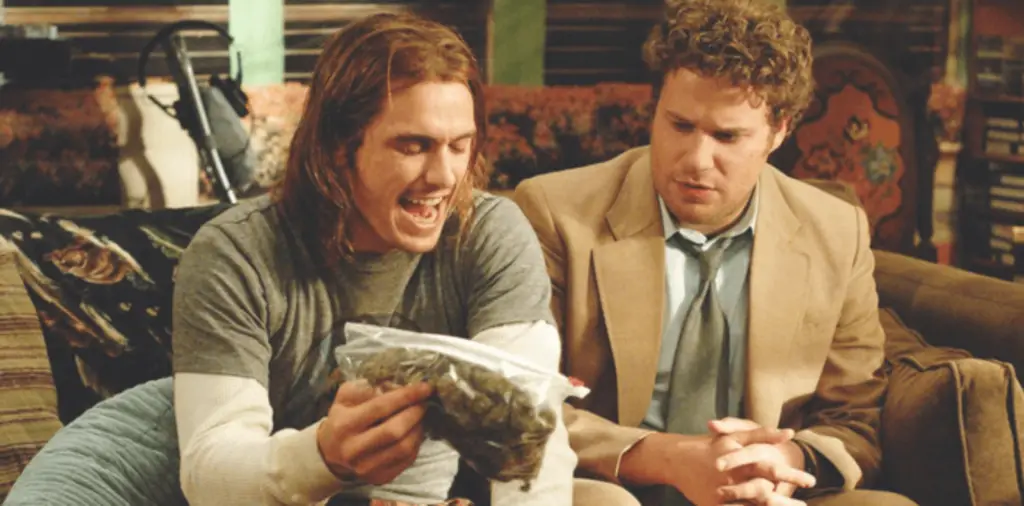
Over the years, many films have used narration to create a masterpiece. The best narrators in the industry can guide an audience through the story with nothing more than their voice, emotions, and tone. This article will look at some of the best narrators in movie history and how the use of narration helped make the film so great.
Goodfellas – Ray Liotta
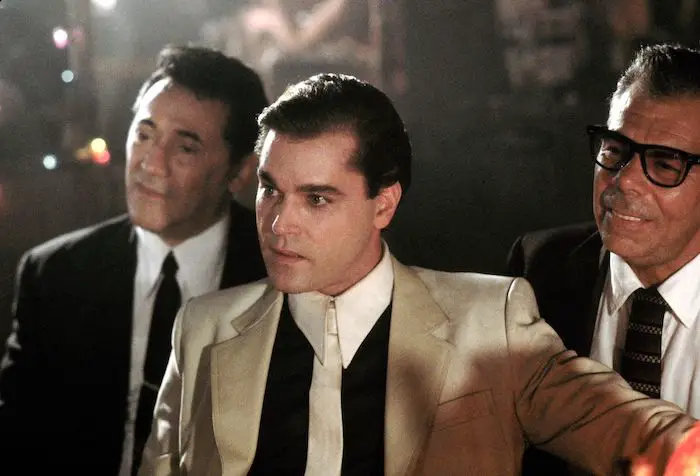
Goodfellas, directed by the great Martin Scorsese and released in 1990, follows the story of Henry Hill (Ray Liotta), a petty criminal who, along with his friends Tommy (Joe Pesci) and Jimmy (Robert De Niro), try to rise to the illustrious status of a gangster on the streets of New York. Many might not know that the film was based on the biographical book named Wiseguy, which was written by Nicholas Pileggi.
Goodfellas has been rated as one of the best gangster/mafia movies ever made. One of the reasons this movie has been so widely critically acclaimed is through the use of narration that Scorsese has mastered over the years and has employed in many other films. Ray Liotta does an amazing job narrating the character’s journey from a 2-bit gangster to his rise through the ranks, engrossing the audience in the story from beginning to end.
Kiss Kiss Bang Bang – Robert Downey Jr.
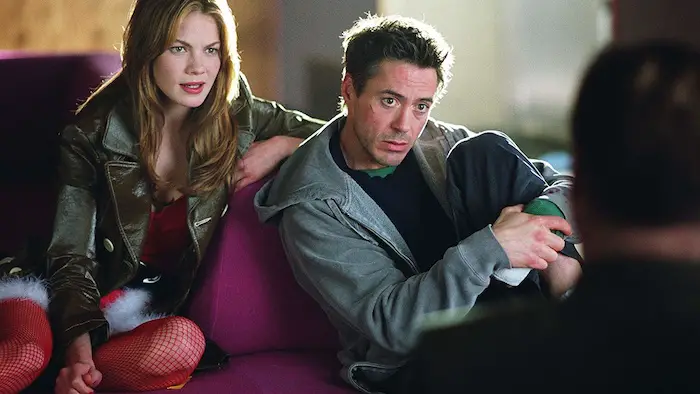
Another movie to use narration in a creative yet essential way is Kiss Kiss Bang Bang, which Shane Black directed and released in 2005. The film is described as a neo-noir black comedy crime film and was nominated for the Critics Choice Movie Award for Best Comedy, the GLAAD Media Award for Outstanding Film, and the Satellite Award for Best Actor in Motion Picture, Comedy or Musical, among others.
The movie follows Harry Lockhart (Robert Downey Jr.) as he pretends to be an actor and gets involved in a murder investigation. What makes this film so special is how Downey addresses the audience as the film unfolds, which adds to the humor and the suspense. He also directly states that he is the film’s narrator to the audience, allowing his narration to show the best of his characterization. This direct approach helps the narrator build a relationship with the audience that establishes the abovementioned feelings.
Clueless – Alicia Silverstone
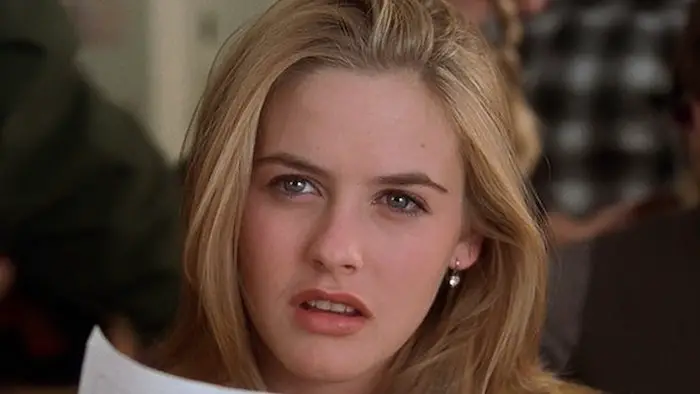
While an exceptionally popular and quotable film, Clueless deserves more critical acclaim than it gets. When it comes to narration, Silverstone’s performance perfectly invites the audience into the mind of a clueless rich teenager in the 90s, her struggles and frustrations, and most entertainingly, her slang.
The film follows Cher Horowitz (Silverstone) and her navigation of high school social politics from her own specific point of view. Without narration, Cher would be an unlikeable character, not seeing her privilege or seeming to care about many others. However, because we get a closer look into her head via narration and why she sees things the way that she does, due to her workaholic father and youthful ignorance, her point of view then makes a lot more sense. The audience then gets to see her learn not from a judgmental perspective but one of understanding.
The Shawshank Redemption – Morgan Freeman
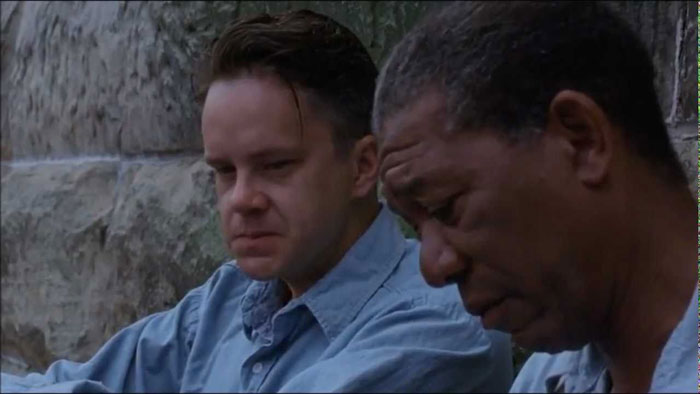
One very iconic film that also includes the clever use of narration, and is an adaption from a novella by Stephen King named Different Seasons, is The Shawshank Redemption. The movie stars some of the biggest names in the industry, such as Morgan Freeman, Tim Robbins, William Saddler, Gil Bellows, Clancy Brown, Jeffrey DeMunn, and more.
The movie follows Andy Dufresne (Tim Robbins), a banker arrested for the murders of his wife and her lover, who is sentenced to life in prison. Apart from the film’s great acting, one of the reasons why the movie was nominated for the Academy Award for Best Picture and why it won the American Society of Cinematographers Award for Outstanding Achievement in Cinematography in Theatrical Releases is because of the narration by Morgan Freeman. The voice-over work by Morgan Freeman allows the audience to feel the humanity and a wide range of emotions for the protagonist Andy Dufresne. Freeman’s exceptionally deep and commanding voice is one of the most powerful in the industry. It’s no wonder why he is known as the voice of God when it comes to narration.
Taxi Driver – Robert De Niro
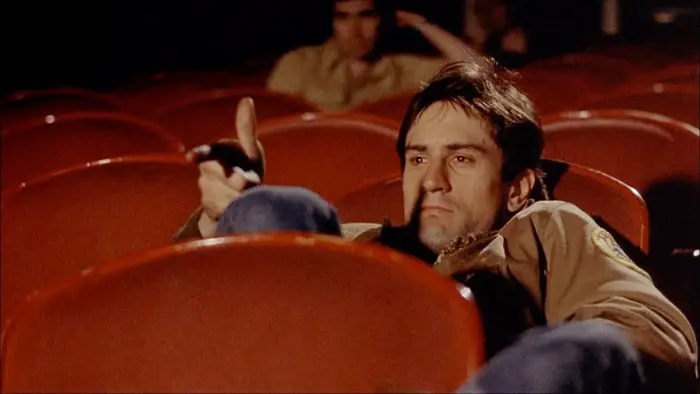
Speaking of iconic movies, it would be unjust not to include Taxi Driver, directed by Martin Scorsese and released in 1976, on this list. The film follows Travis Bickle (Robert De Niro), a Vietnam veteran and ex-marine who works as a taxi driver in New York. The film takes a turn as he attempts to save an underage prostitute.
What sets this film apart is its use of narration by Robert De Niro. Even though the cinematography is already being used to show things from the perspective of Bickle, the narration takes it a step further and really lets the audience get inside the mind of the character. It’s because of this combination of cinematography and excellent voice-over work by De Niro that the audience is thoroughly entranced by the slow descent into madness. Incredible narration like this can give a closer look into a character’s mind.
Dr. Seuss’ How the Grinch Stole Christmas – Boris Karloff
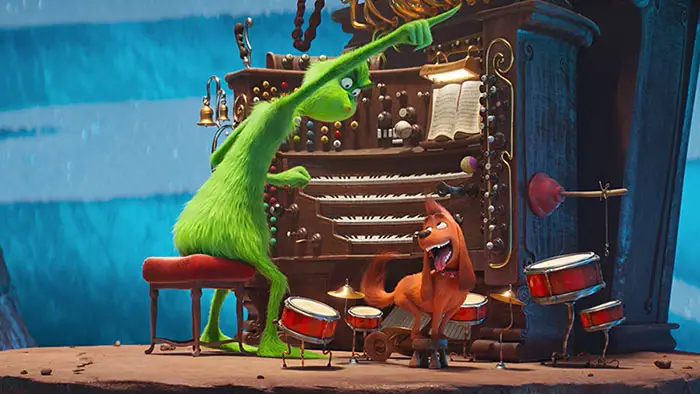
Although many people think of Jim Carrey when they hear the word “Grinch,” Boris Karloff actually did it first, all the way back in 1966 with Dr. Seuss’ How the Grinch Stole Christmas. Unlike the version with Carrey, this one was entirely animated, and with many animated films, the need for excellent voice-over work is essential.
This film makes this list because of the phenomenal performance by Boris Karloff, who not only does the voice-over for the Grinch but also serves as the film’s narrator. It could be argued that Karloff really set the bar for narrators to come with his work in this film. But what made it so special? He captured the malevolent personality of the Grinch but, at the same time, comforted the children that were watching the movie. It’s all the right combination of vocal tones and emotions.
Juno – Elliot Page
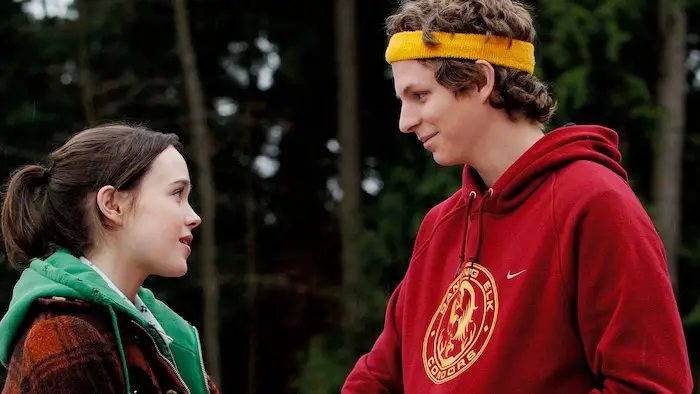
Juno, directed by Jason Reitman and released in 2007, follows a teenage girl’s pregnancy and the drama it creates for each aspect of her life. Known for its quirkiness, the best parts of this story wouldn’t exist without Juno’s (Elliot Page) narration.
While the film follows Juno’s pregnancy and includes her reactions, it’s only through narration that the audience begins to fall in love with her character, eccentricities, and honest opinions. We discover not just her backstory but how she feels about it. Most importantly, Juno’s character would come across as much more normal if there wasn’t a closer look into her mind. It’s this insight that created such an interesting and lovable protagonist.
Fight Club – Edward Norton
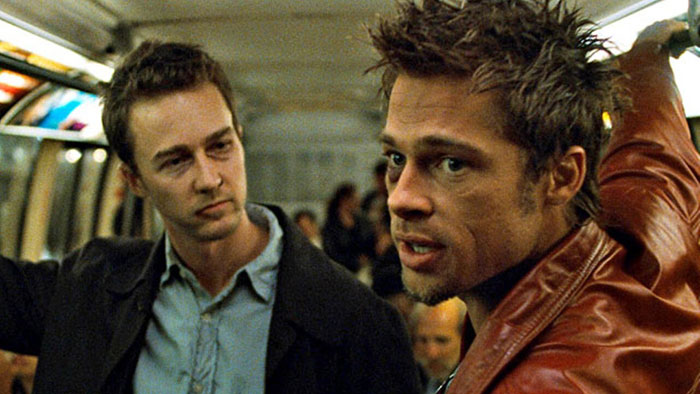
Another absolute masterpiece of filmmaking is Fight Club, which David Fincher directed, and released in 2000. Fight Club’s outstanding cast includes Edward Norton, Brad Pitt, Helena Bonham Carter, and Jared Leto. Its cinematography and narration set the tone for things to come.
The film follows Tyler Durden (Edward Norton), your average white-collared, down-in-the-mud insomniac that is tired of his average, boring life. He then meets Tyler (Brad Pitt), a soap salesman. The two form a fight club together, and from there, things start becoming more and more sinister. What makes this film great is the narration work by Edward Norton and Brad Pitt, which help the audience see into the eye of the narrator’s madness and the frustrations that lead to the film’s big twist.
